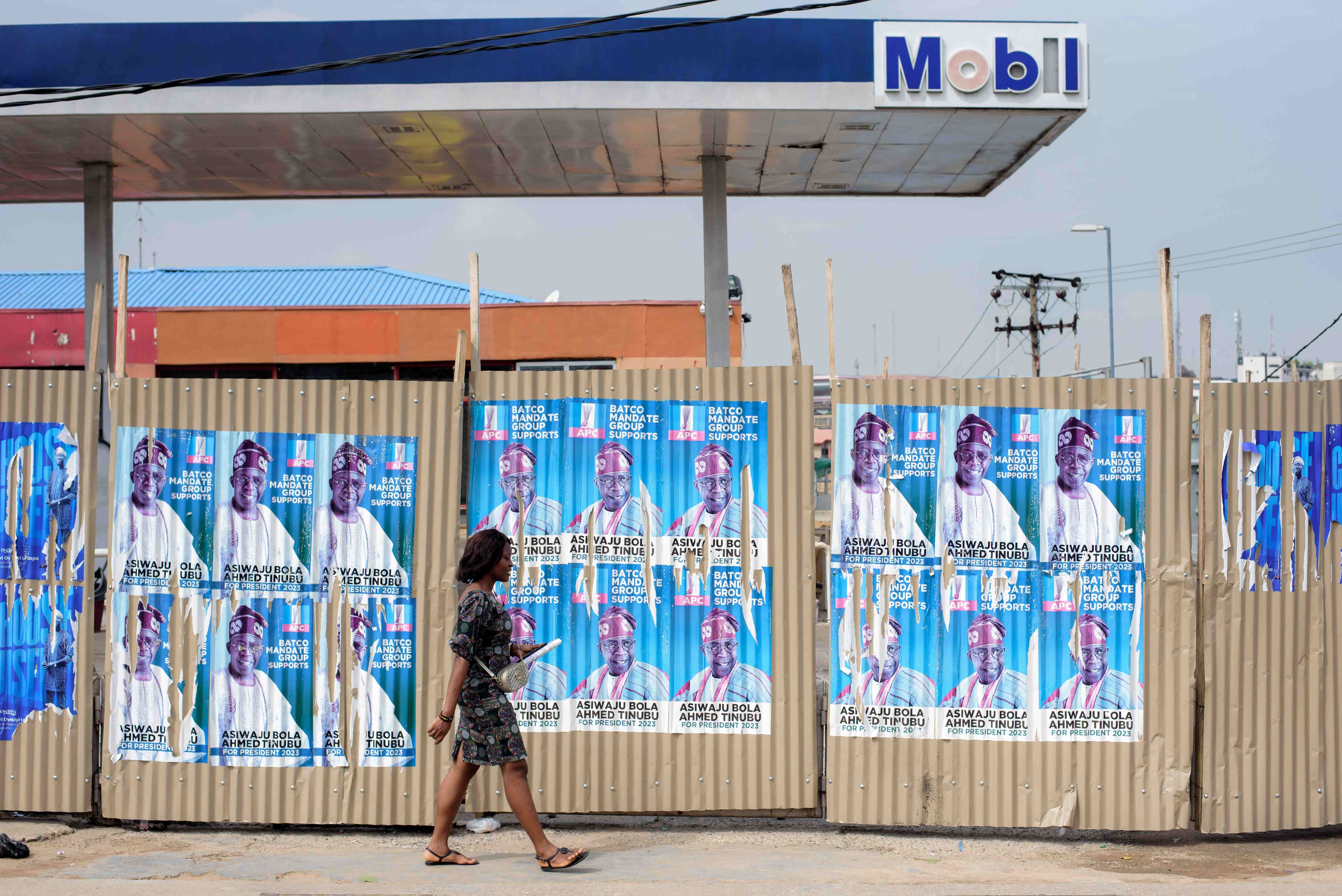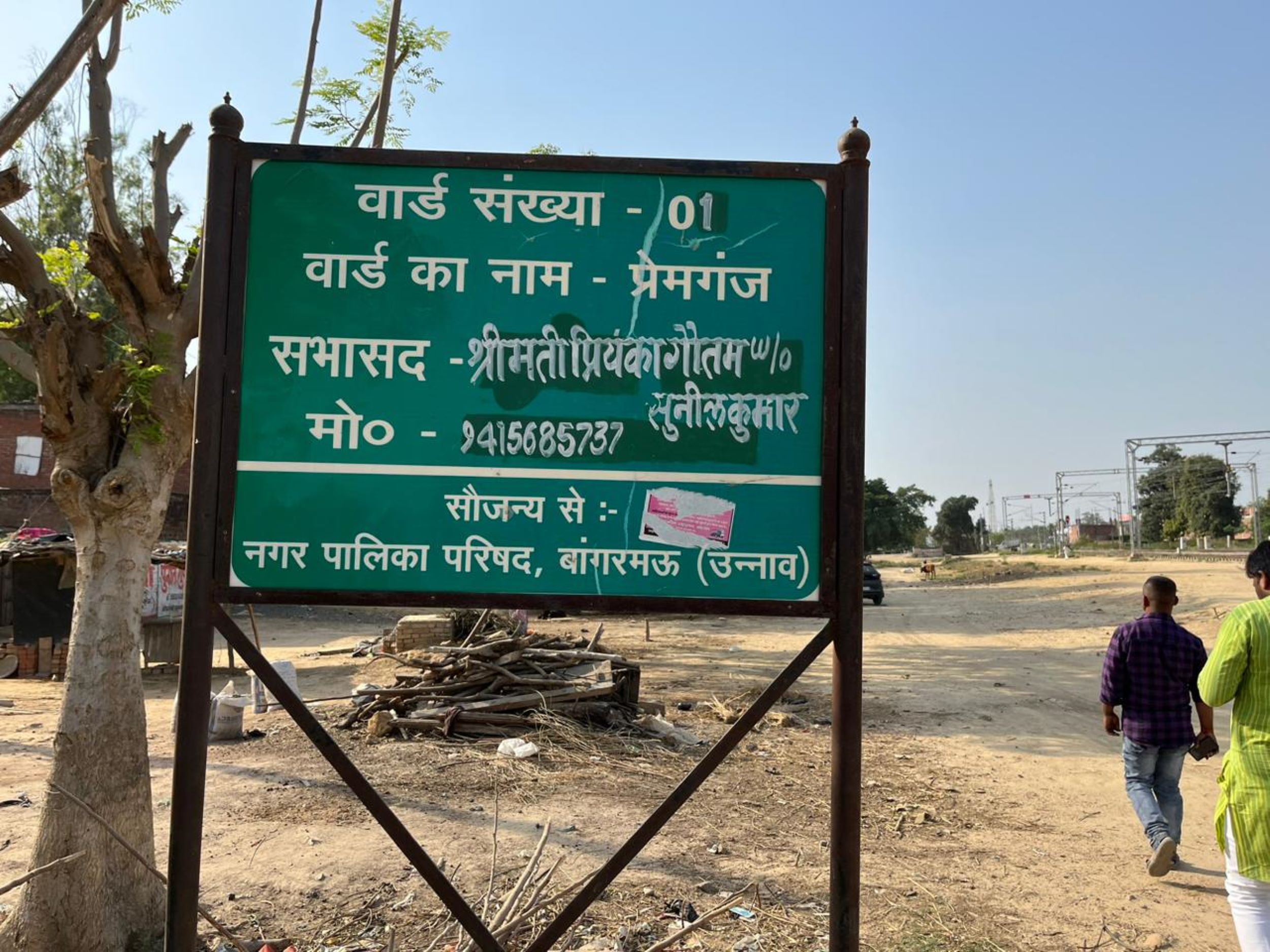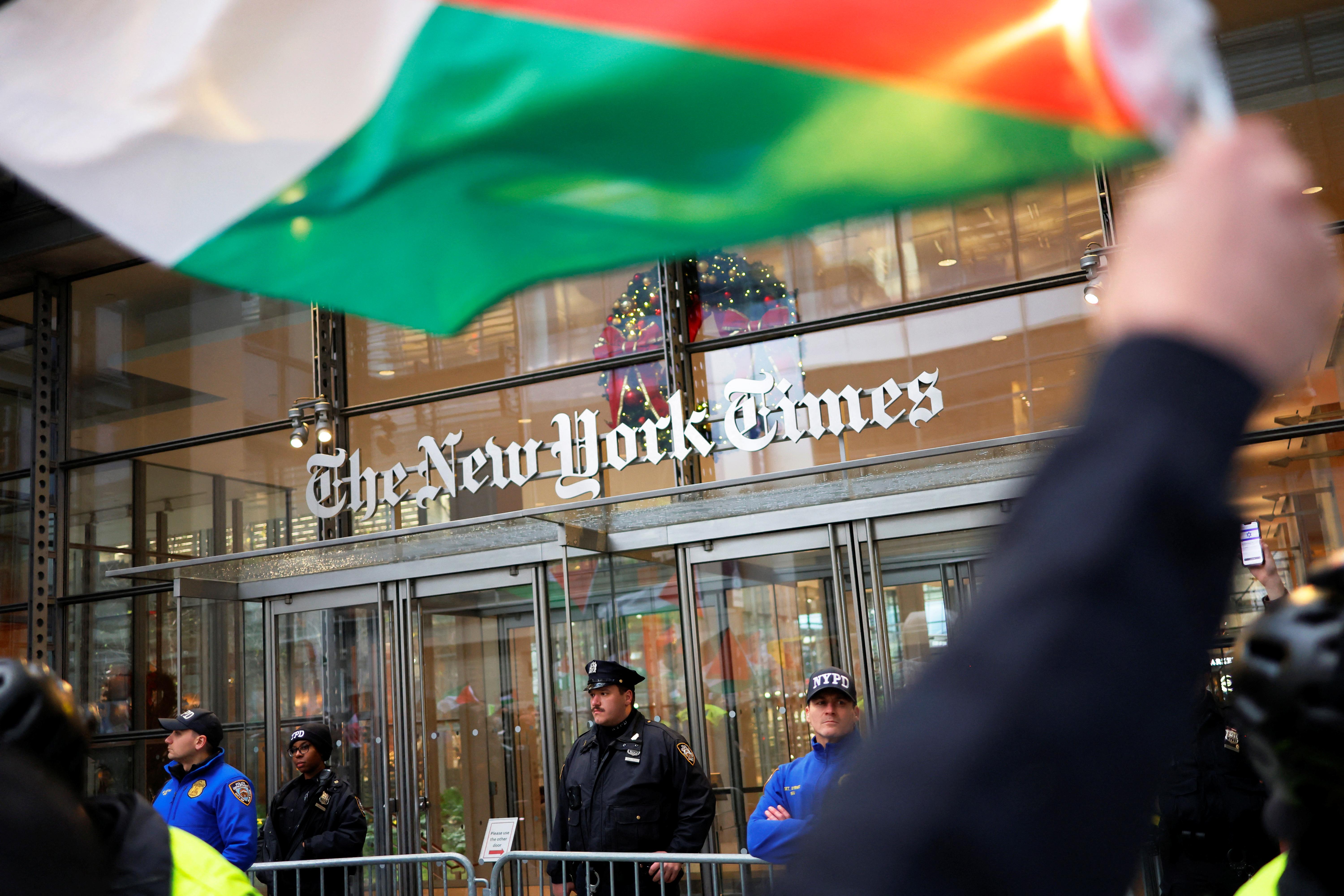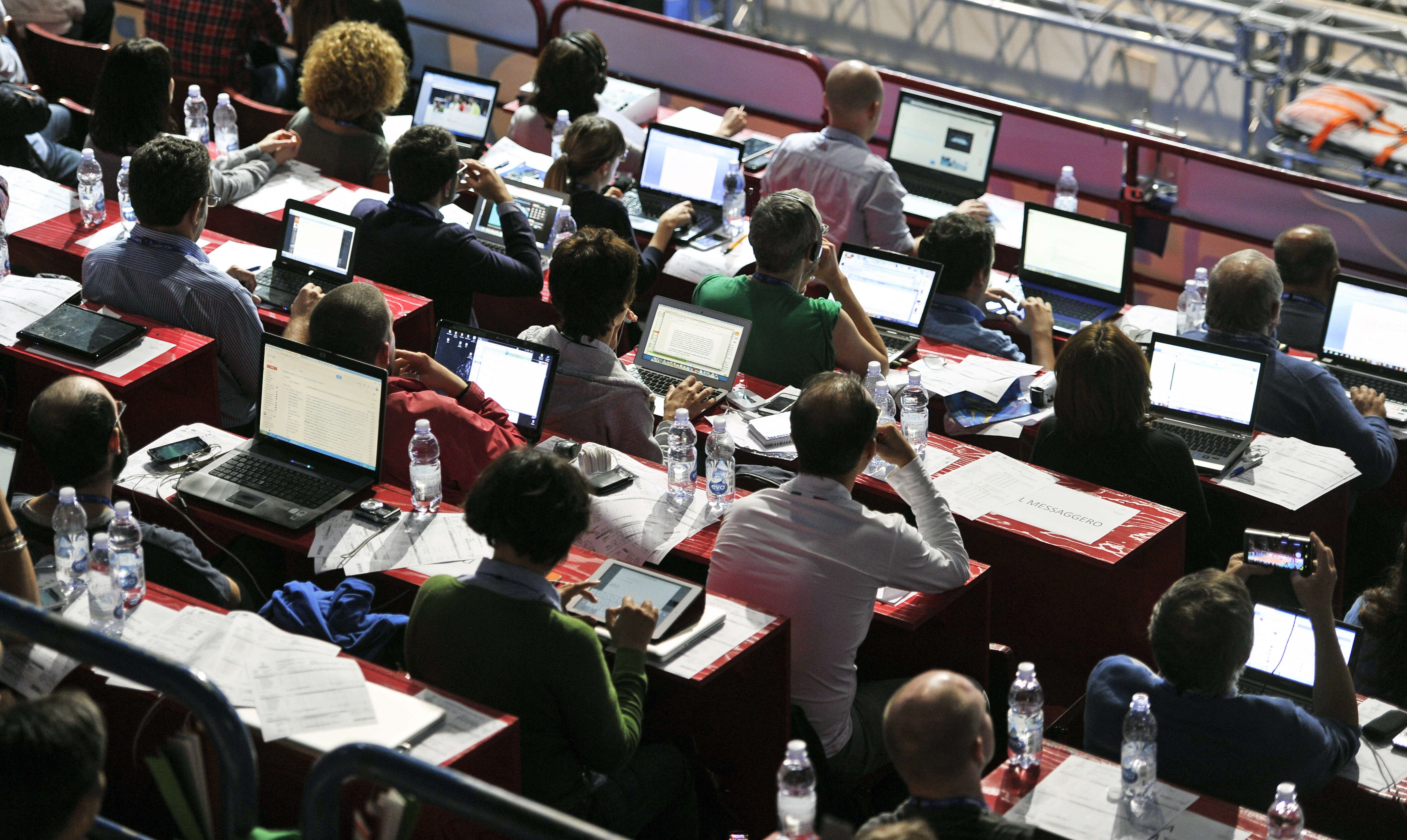Twitter, once key for real-time news, has become a battleground of misinformation and outrage, drowning out factual journalism. With major newspapers leaving, the challenge is to remind audiences that true news comes from credible sources, not the chaos of social media.
"Too much noise out there". That was, in a nutshell, the reason given by two important European newspapers, The Guardian from UK and La Vanguardia from Spain, when announcing last autumn their decision to withdraw from the social network now known as X, formerly Twitter, and stop tweeting their latest headlines, as most media do. It made no longer sense to offer real facts in a flood of half-truths, fake news and insults that is taking over the space, they explained.
The Decline of Twitter as a News Source
Many users, among them some journalists, applauded the decision, and some followed suit, announcing their withdrawal from Twitter. NPR, the prestigious public US broadcaster, had done so already in 2023 after a row with new owner Elon Musk.
I still call it Twitter, by the way. Replacing a well-known brand name —which had even given rise to a new verb in several world languages— with the X letter was one of the dumbest marketing decisions in history and bolsters the impression that Musk does not care what happens to this network, turned into a simple billionaire toy.
Twitter was not a toy when it still was Twitter — it was a highly political subject which allowed instant communication and information spreading for hundreds of millions of people in the world, often against the will of their governments. It was an essential tool during the Arab Spring uprisings and elsewhere, like the Gezi protests in Turkey in 2013, and attempts to block access to Twitter was taken as an undisputable sign of lacking freedom. Memes of the small blue bird caught in a cage by some aspiring dictator, or managing to escape and sing freely, were galore.
Twitter symbolised freedom a long decade ago, and above all, freedom of information. Journalists flocked to Twitter to get news about what happened, and newspapers flocked there, too, to market their product. Everybody was looking for information and online media tweeting headlines linking to their news would receive clicks, readers and revenues. Of course, many people, used to the 140-character-limit, didn't bother to read the entire article, and many heated debates were fought over headlines that had very little to do with the actual news. And still less people bothered to check if the online media behind the link was really a newspaper, or perhaps a blog or any other site with no credentials at all. If you saw it in Twitter, it was information. Or so it seemed.
Not more so. The debate is especially heated since the victory of President Donald Trump in the US and the appointment of Elon Musk to a high albeit somewhat blurry government position, with a simultaneous increase of incendiary tweets by Musk himself that cross the line from curious personal reflections into ultra-right wing political propaganda — many would say imperialism. But does the worldview of the boss determine how the whole network has to tick?
"I think it would be rather naive to think that a guy with such a big ambition to interfere in politics will allow his social network, which is his business, to be managed in an impartial way", says Temoris Grecko, a veteran Mexican journalist with a long experience as a Middle Eastern correspondent. "Of course, he will promote the news and the people he's interested in, and he'll try to silence those he doesn't like."
Is Twitter Truly a Free Speech Platform?
Silencing is not exactly new in Twitter — long before Musk's takeover, a huge team of so-called "content moderators" was working around the clock to supress the spreading of what they considered hate speech. A rather broad concept, and while we all might agree that it's preferable to keep a network clean of inflammatory racist diatribes, the definition of hate was rather broad and tailored to what conservatives call "wokeism", specifically focusing on transgender policies. Half of the accounts criticizing in the last weeks the movie 'Emilia Perez' and the Oscar nomination of its leading actor in the Best Actress category would have been closed down in the old Twitter days. So when I now see people storming out of the network calling Musk a fascist, I sometimes remember the words of Spanish journalist Rebeca Argudo: "People leave Twitter not because they are being censored but because the other side isn't censored any longer". But is it so easy?
Temoris Grecko is not convinced that there is just free speech. "I could observe that according to Twitter's own statistics, the interaction with my account fell in a very obvious manner in November 2023, just after the war in Gaza started", says the journalist, who is quite outspoken about the plight of Palestinians under Israeli occupation. "There was some kind of silencing", he believes —not through the direct censorship of taking down messages or suspending accounts, but probably through algorithms reducing the impact of certain voices. And this will go on, he thinks. "There is one thing Elon Musk is not, and that's neutral. He is already using all his resources to intervene in the public affairs not only of his own country but also in those of other countries. Of course he's trying to shape a public discourse", says the journalist.
Perhaps censoring certain voices is not even needed to turn Twitter into a racist, imperialist echo chamber or loudspeaker — this will come just by itself. Initially, the users hoped that in a network which allows all kind of speech, the different worldviews would neutralize each other and end up shaping a broad and democratic panorama with healthy political debates. It did not work out, because "the algorithm of hate is more profitable than the algorithm of peace", as the High Representative of the EU for Foreign Affairs, Josep Borrell, said in November in his farewell speech as highest-ranking EU diplomat. Hate messages elicit quick and powerful answers, both from their supporters and their opponents, and thus get a better visibility than messages that calmly explain something, met by silent, and invisible, agreement. In these surroundings, a well-written, factual and unbiased news story has little chances to survive.
"The problem of social networks compared to traditional media is the same as with the so-called 'citizen journalism': they democratize information, but also disinformation, because nobody is there to check", says Daniel Iriarte, a media analyst in Madrid. "People have lost trust in traditional media, but even those with a huge ideological bias do have some professional standards and protocols to process information and decide what is relevant and what not. In most social network accounts, this does not happen — activism trumps information". And this is just the citizen part. Because "there are also grids of accounts created from scratch for disinformation operations, distributing mostly racist and hate messages in order to advance a specific political agenda", knows Iriarte.
Should Journalists and Media Abandon Twitter?
But is ceding the space and withdrawing the solution? Does it not mean that the society reading Twitter will get still fewer real facts and more propaganda, fraud and hate, with nobody opposing it anymore?
Mexican Temoris Grecko, who is as much opposed to Musk's and Trump's ideas as one can be, has no intentions for now to close his account. "It's a decision that everybody must take according to their own interests", he ponders. "For me, Twitter has been quite useful to promote my own projects; many visits come from social networks, so leaving it would not benefit me". And we might add, missing his voice wouldn't benefit the audience, either.
So are media like The Guardian and La Vanguardia taking the wrong decision, leaving the battlefield instead of keeping up the fight? Perhaps — but it could also bring about a shift in awareness, if more newspapers follow suit. Not because Twitter would sink down into insignificance, but because it would not be a bad thing to draw a clear line between a heated political debate and information. Too many people are used nowadays to access online newspapers through the links posted on Twitter, and now they are taking for granted that every headline they see must come from some real media outlet, confusing the access gate with the house.
"Fortunately, in many aspects, traditional media still enjoy prestige as sound information sources. You can see that because may disinformation operations try to harness that prestige, posing as real media or imitating newspaper headlines", Daniel Iriarte points out. "This shows that there is a lot of work ahead to teach digital literacy, which is the ability to evolve in a digital world without falling in all kinds of traps, and this includes learning how to tell real and fake news apart".
Twitter is fun and even a rabid imperialist tirade can give some insight about how other people think, starting with those in the White House. But there is one thing it's not. It's not a newspaper. What you see is not information. It's a huge crowd of people shouting around. Users listen to the shouting and are convinced to have had an informative briefing about the state of the world.
Making clear to them that a network is not a newspaper might be a first step towards that digital literacy Iriarte asks for. And forcing them to look for their favourite paper elsewhere might achieve that.
So, if you enjoy it, keep reading, writing, discussing and laughing in Twitter. Have fun. But if you need information, go and read the papers. It's just one click away. But it's not a click through Twitter. It's outside Twitter.

























































